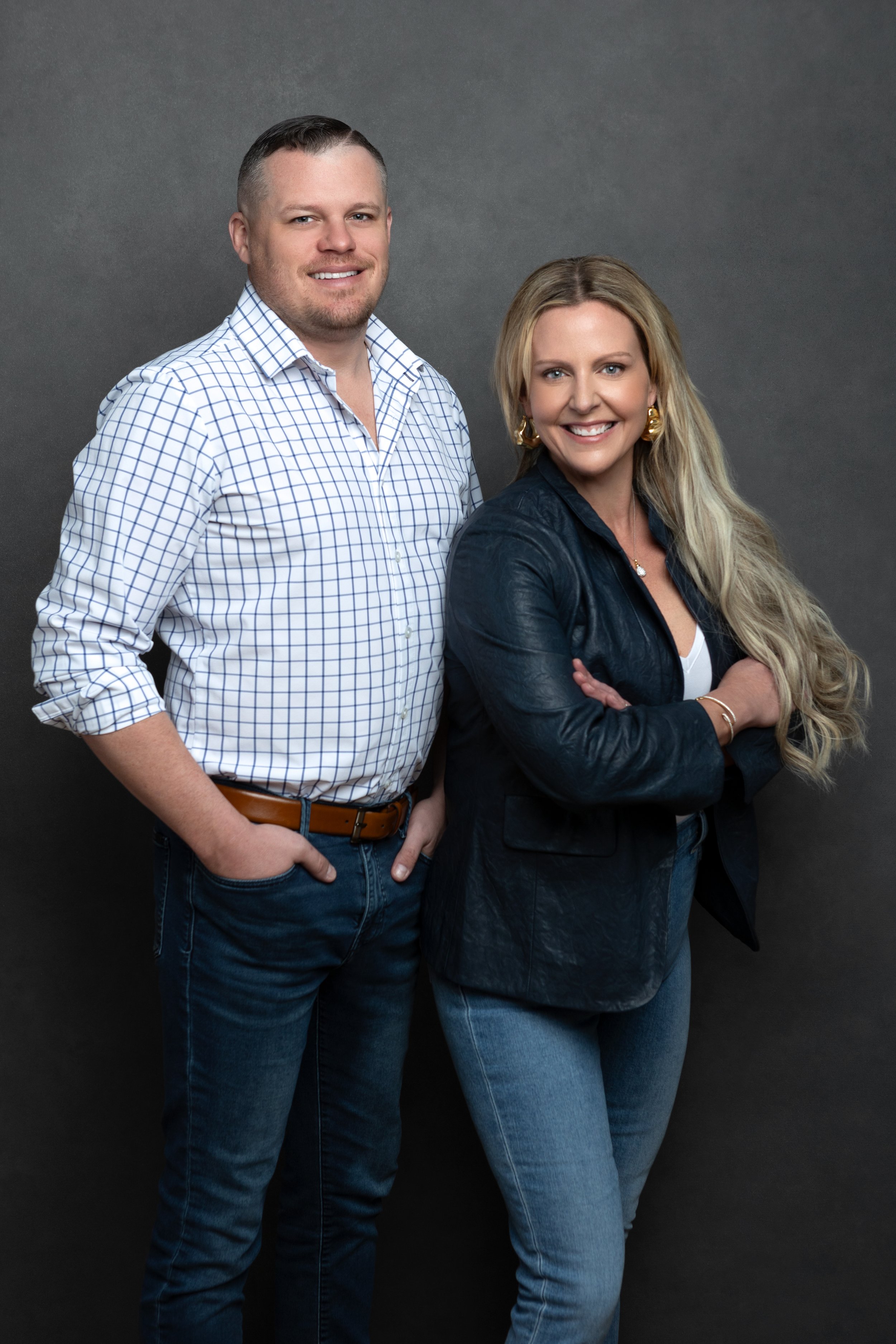Living Simplified - The Essence of Essentialism: The Disciplined Pursuit of Less by Greg McKeown
/Success generates choices - both for people and societies. As Greg McKeown describes in his 2014 New York Times bestseller, Essentialism: The Disciplined Pursuit of Less, any individual that becomes successful will have access to increasing choices as others come to recognize them as being capable of managing greater responsibility. Yet, even for the average person, technology and the success of modern American society as a whole has made a greater volume of choices accessible than ever before. Virtually limitless access to information, dozens of software-driven shortcuts to managing everyday tasks, high-speed travel, constant connectivity and more has left us with a dizzying array of options for how to invest our time and energies.
As Peter Drucker, legendary business philosopher of the 20th century once said, “In a few hundred years, when the history of our time will be written from a long-term perspective, it is likely that the most important event historians will see is not technology, not the Internet, not e-commerce. It is an unprecedented change in the human condition. For the first time—literally—substantial and rapidly growing numbers of people have choices. For the first time, they will have to manage themselves. And society is totally unprepared for it.”
Greg McKeown offers a framework in the form of Essentialism for identifying and simplifying how to invest our time and energy for the greatest and most meaningful return. And while his book provides a methodical and practical approach for living a more focused and simplified life, this article distills Essentialism into three core paradigm shifts proposed in his book that can help you understand the essence of what it means to be “an Essentialist,” and to live a more focused and meaningful life.
“There are three deeply entrenched assumptions we must conquer to live the way of the Essentialist: ‘I have to,’ ‘It’s all important,’ and ‘I can do both.’ - To embrace the essence of Essentialism requires we replace these false assumptions with three core truths: “I choose to,” “Only a few things really matter,” and “I can do anything but not everything.” - Greg McKeown
1) Responsibility - From “I have to,” to “I choose to.”
“If you don’t prioritize your life, someone else will.” - Greg McKeown
From bosses’ demands, plans and commitments, familial obligations, and friends in need, to text messages, emails, calendar invites, and day-to-day news, it is dangerously easy to fall prey to the illusion that these things control our time - that the options they present are inescapable and imperative. For as long as we treat all of these options as imperatives we succumb to a state of helpless reactivity, incessantly drifting between tasks but ultimately going nowhere. Before we can even set a direction and chart a course, we must first realize that we are steering the ship and it is only ourselves that are responsible for where we ultimately end up.
When we accept this responsibility for our choices it forces an awareness of our accountability for our outcomes. We cannot control the events of circumstance, but we are always in control our response. McKeown points out that it is impossible to lose our ability to choose, and in fact, cannot even give it away but only forget it. The idea that we are ultimately responsible at the highest level for our lives is both terrifying, yet infinitely empowering and encouraging for it means that our hope is not at mercy of the world but within our own grasp. Once we realize this we are free to choose the destination to which we want to aim our lives.
2) Values - From “It’s all important,” to “Only a few things really matter [to me].”
My father once told me, “It’s much easier to do good things than the right thing.”
Now that we are free to choose what we want and where we aim to be, it is also up to us to chart the course that will lead us there. Charting our course means recognizing which choices will actually bring us closer to our destination, and just how many have nothing to do with where we’re going. One way we learn to recognize what is important is by discerning our values, and by understanding what matters most to us and where our time and energy is best invested based on our unique capabilities and limitations. So many of the choices that beg for our attention are only noise, while there is only a narrow set of these that will truly move us forward towards our most meaningful life.
Rather than reactively plan our time forward from our demands, we must work backwards from our highest goals and values to proactively measure the meaningfulness of our activities. To do this, the question that must be asked is not, “What do I want right now given my circumstances?” but rather, “What do I want in ten years, twenty years, thirty years, and what might I wish I had wanted now?” By placing ourselves in the future as we weigh our deepest values, we create space from circumstances to examine ourselves outside the blinding flurry of superficial demands.
3) Sacrifice - From “I can do both,” to “I can to anything, but not everything.”
There is an old adage, “Every ‘yes’ equals a thousand ‘no’s’.”
Deciding where you are going and what is most important in light of your capabilities and limitations by necessity means also deciding what is unimportant and where is not worth going. With finite time and energy for which we are ultimately responsible, we must also accept responsibility for the sacrifices that must be made to reach our goals and fulfill our values. To move in any direction is to move away from others, and the closer we wish to grow to what matters, the further we will have to move from those things that pull us away.
To say ‘yes’ to any real choice is an action, and trying to do everything accomplishes nothing. Practically, we need to learn to admit which desires are incompatible in light of what is important. The desire to want it all is an alluring temptation that leads to costly self-deceptions. Therefore if we’re serious about getting what we want, we must confront and be willing to pay the price of sacrifice.
“Once we accept the reality of trade-offs we stop asking, ‘How can I make it all work?’ and start asking the more honest question ‘Which problem do I want to solve?’” - Greg McKeown
These three paradigm shifts if embraced empower us to cut through the clutter and noise our environment to find the deepest parts of ourselves, and a path to a more meaningful and powerful life. So what is most essential to you?
For those interested in learning more check out the table of contents and key takeaways below, as well a link to purchase the book on Amazon. If you’re a business trying to figure out where your business is going and what is most essential to getting there, please feel free to contact me to discuss professional business consulting and how it could help you in your own process.
Table of Contents
BOOK SUMMARY
What is an Essentialist?
1. ESSENCE: IT’S ALL ABOUT MINDSET.
You have the ability to CHOOSE
Almost everything is unimportant
Make a choice: which problem do you want?
2: EXPLORE: BE CONSTANTLY LEARNING
Give yourself permission to escape
Focus on what matters
Allow yourself to play
Sleep and recover
HELL YEAH! Or no.
3. ELIMINATE: GET RID OF THE NON ESSENTIAL
Make decisions
Essential Intent
‘No’ is powerful,
It’s time to uncommit
Always be editing
Set limitations and boundaries
4: EXECUTER
What about the unexpected?
Remove obstacles
Make progress
Routine is important
So what is important now?
Be an Essentialist
Key Takeaways
Change your mindset
Remember, you have the ability to choose what you focus on
Almost everything is unimportant
Make a choice: what problems do you want?
It’s about living by design, not by default
Be constantly learning, growing, discovering
It’s either a HELL YEAH! or a no. If you’re not super passionate about something, you don’t have to do it.
Use no to your power, just be graceful when you reject opportunities.
Be constantly editing.
Eliminate the non-essential
Routines are crucial
Always expect the unexpected, be prepared.





